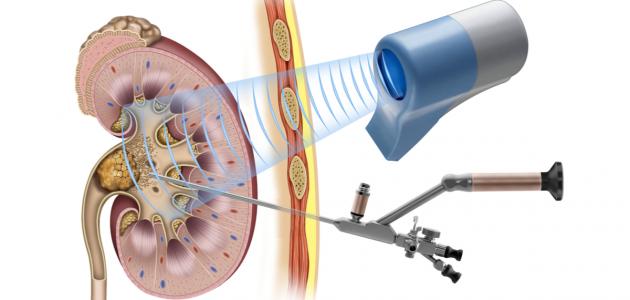How is dialysis done?
The dialysis process to which the patient is subjected aims to rid the body of wastes, fluids, and salts in excess of the body’s needs when there is a problem with the functioning of the kidneys. There are two types of hemodialysis and peritoneal dialysis, and each of them works as follows:
Hemodialysis
Hemodialysis is done Using a special device that works like a kidney (artificial kidney) To remove waste and excess fluids from the blood, it is done By removing blood to be filtered by the device, and returning the filtered blood to the body using it, In this method, an arteriovenous connection or catheter is used to help blood flow to the artificial kidney.
This type of dialysis usually lasts 3-5 hours and is performed 3 times a week, but shorter and more frequent sessions may be used in some cases depending on each person's condition.
Peritoneal dialysis
The person undergoes peritoneal dialysis through... Implanting a catheter in his stomach, as this catheter helps filter the blood through a membrane called the peritoneum (Peritoneum), and this process is done at home A fluid called dialysate flows through the peritoneum in this type of dialysis, and this fluid withdraws waste from the blood to be filtered from the stomach.
Read also:Benefits of lemon for the kidneysThis process usually lasts several hours, is repeated approximately 4-6 times a day, and can be performed while asleep or awake.
Are there risks to dialysis?
A person may suffer from some side effects or risks when undergoing dialysis depending on its type, as follows:
Hemodialysis
People undergoing hemodialysis may suffer from the following side effects:
- Infection and inflammation at the site of the arteriovenous connection.
- Problems with blood flow or obstruction due to scar tissue or a clot.
- There may be a problem with the device or the procedure, which may cause blood leakage.
Peritoneal dialysis
People undergoing peritoneal dialysis may experience the following side effects:
- Infection and inflammation around the catheter.
- Suffering from peritonitis, which may cause high temperature, abdominal pain, nausea, and vomiting.
- Weak abdominal muscles and hernia formation.
- Weight gain over time.
What will my life be like with dialysis?
The quality of life for people who undergo dialysis is often good They can achieve the following if they have no other health problems:
Read also:Reasons for urinating frequently- exercising their functions.
- the study.
- Doing exercise.
- Driving vehicles.
- swimming.
- Go on vacation and travel.
But dialysis may only compensate for part of the kidney's work, so it is important to try to get a new kidney transplanted as soon as possible, as dialysis may weaken the body and cause it many problems over time, especially in the elderly who suffer from other health problems. .









